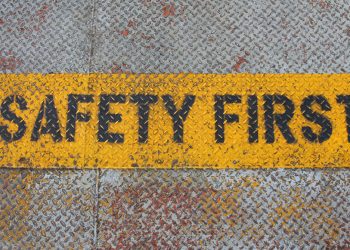Challenges faced and Lessons to be learned

Confidential Hazardous Incident Reporting Programme (CHIRP) has received a report regarding the incorrect use of safety locking pins on a fixed carbon dioxide fire fighting system and an accidental release of carbon dioxide.
CO2 bottles in a fixed installation are provided with safety locking pins to prevent accidental discharge of CO2 whilst the system is being maintained and/or whilst the vessel is in refit. The Planned Maintenance procedures require that other times the locking pins are not used. The incumbent ships team decided that it would be better to have the pins in place at all times to prevent accidental release. They amended the on-board procedures to reflect this and to state that, in an emergency, the pins should be removed to allow activation of the system.
Whilst inserting one of the pins, one bottle was accidentally released into the main discharge pipe between the cylinder and the valve. The bridge was immediately informed. As a precaution, personnel were evacuated from the machinery spaces. The CO2 was subsequently safely discharged through a connection into the CO2 room and ventilated to atmosphere.
The ships superintendent was advised. He instructed the ship to revert to the original, and correct, procedure which is that the locking pins are only intended for use during maintenance and/or during refit.
During subsequent removal of the cylinder for recharging ashore, the cylinder fell over and the valve head assembly sheared off. Cylinders are provided with a safety cap to prevent such damage during transportation. The cap had not been fitted.
The immediate lessons are that locking pins on CO2 bottles must only be used during maintenance and/or refit, and that safety caps must be put on for transportation.
In general, the incident highlights the need for proper understanding of the procedures for onboard systems. It must be ascertained at the work planning stage that the work being discussed is fully understood and if not the ships superintendent should be consulted for further information.
CHIRP Comment
This report highlights the importance of proper change management processes whereby the potential consequences of a change to operational or maintenance procedures are carefully considered. In particular, advice should be sought before deciding to alter the instructions provided by manufacturers.
Source:CHIRP






























































